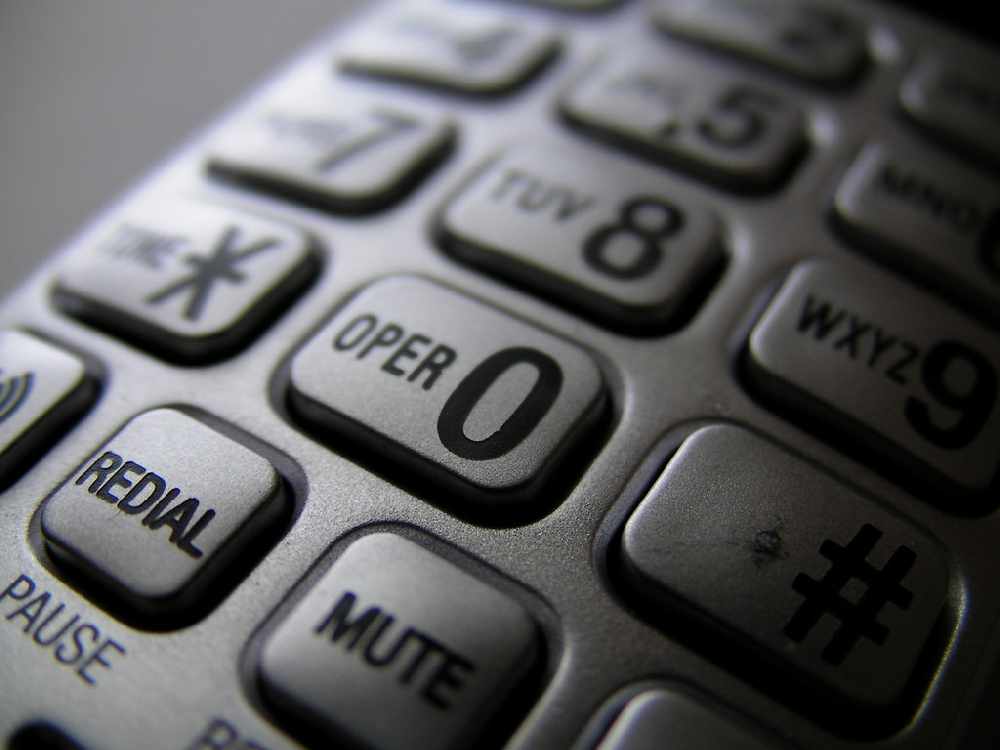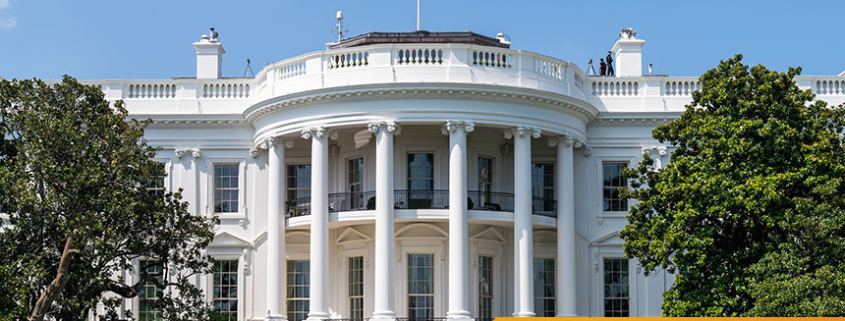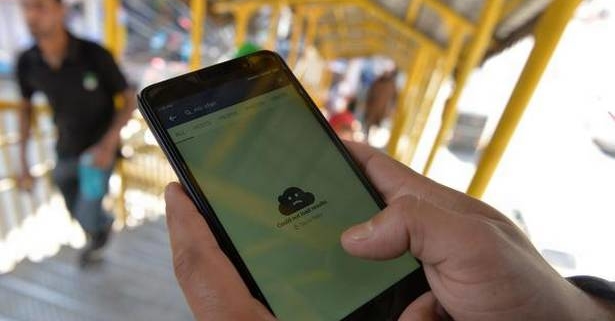MCCH board updated on ransomware effect on payroll | Local News
MURRAY – The Murray-Calloway County Public Hospital Board of Trustees was updated Wednesday on the status of a ransomware attack that has left the hospital without access to its payroll information.
MCCH CEO Jerry Penner said employees will be paid on schedule today, but the paychecks will be based on a pay period in November because the hospital cannot currently access its hourly pay records. Penner said the hospital learned on Dec. 13 about a ransomware attack on Ultimate Kronos Group, a human resources management company with which MCCH contracts. According to a report Penner cited from Becker’s Hospital Review, the ransomware attack reportedly affected Kronos’ Private Cloud software platform that many hospitals, health care providers and other companies across the country use for scheduling, timekeeping, payroll and human resources. The attack occurred on Dec. 11, and the company said in a Dec. 13 blog post that it is working to fix the problem. However, Kronos said it could take several weeks to restore services.
“This ties into our payroll and finances with our human resources accounting for people signing off on overtime and their regular time, and Kronos unfortunately had a ransomware attack,” Penner said. “So it brought us all to our knees on this particular aspect because last time I checked, I’ve got about 1,000 employees we’ve got to pay (Thursday). So we had about 10 days to figure this out, how we pay everybody. The problem is, all our data is in the cloud and you’ve got to figure out a way to bring that information down, but you can’t at this point because it’s all been frozen.”
Penner said there are probably 600-700 other hospitals facing the same problem. He said the fact that it affects the last paycheck of the year makes the situation even more difficult because the hospital has to figure out how to incorporate that pay period into its 2021 W-2s without even knowing how long it will be before the problem can be fixed. W-2 forms must be ready by Jan. 31, he said.
“The bottom line is … we’re going to roll back to the last pay period that we had before Thanksgiving, which was the seventh of…




